About Thrive DC
Thrive DC is a drug and alcohol rehabilitation center that offers a variety of services to help people overcome addiction. These services include cognitive behavioral therapy, group therapy, individual therapy, rational behavior therapy, and trauma therapy. The center also offers aftercare support to help people stay on track after they leave treatment.
Addiction Treatment Programs
Alcohol Rehab
If you’re looking to break free of dependence on alcohol, a high-quality alcohol rehab in District of Columbia can help. The rehab program may use multiple approaches, including nutrition, psychology, holistic methods, and support groups. These tools help you build a substance-free lifestyle and move into long-term recovery.
Opioid Addiction
A high-quality rehab in District of Columbia helps people gain the skills they need to overcome opioid addiction and maintain long-term sobriety. Opioid treatment programs address the mental, emotional, and relational issues that may contribute to addiction. You’ll learn to build a new support network that supports your long-term sobriety.
Drug Rehab
If you choose a drug rehab in District of Columbia, you’ll receive professional treatment that will help you break free of addiction. Whether you need detox, inpatient treatment, or outpatient care, a drug treatment program will help you build a new lifestyle based on healthy coping mechanisms, better relationships, and a new way of thinking about life.
Young Adult Rehab
Young adult rehab programs in the District of Columbia can help young people make healthier life choices and avoid common mistakes. In addition to typical detox, inpatient treatment, and outpatient care, a young adult program may also teach clients about living independently, budgeting, having healthy relationships, parenting, and more.
Adult Program
When people join an adult program in the District of Columbia, they learn about topics such as employment and raising a family while receiving treatment. In addition to typical detox, inpatient treatment, and outpatient care, an adult program may also teach clients about building a career, saving for retirement, parenting, and more.
Men's Rehab
Men’s rehabs in District of Columbia address a wide range of substance use issues while also helping clients with gender-specific issues. In addition to typical detox, inpatient treatment, and outpatient care, a men’s program may also teach clients about having healthy relationships, fatherhood, building a career, and more.
Women's Rehab
A women’s rehab in District of Columbia helps clients build same-gender friendships, overcome substance use, and learn new life skills. In addition to typical detox, inpatient treatment, and outpatient care, a women’s program may also teach clients about motherhood, building a career, being safe in relationships, and more.
Insurance Coverage
Self-pay options
In the District of Columbia, you can pay for addiction treatment using self-pay. Self-pay involves writing a check, getting a medical loan, or having money sent electronically to the clinic. Be sure to check on the fee structure, which may depend on the level of care.
Medicaid
For those who qualify, one option for paying for rehab in the District of Columbia is using Medicaid. Using Medicaid keeps your costs, if there are any, very low. You can access any type of care, including detox, inpatient, and outpatient.
Medicare
In the District of Columbia, Medicare is one of your options when it comes to paying for rehab. Medicare plans may vary, so be sure to find out coverage details and what copayments or deductibles you might be responsible for.
Levels of Care
- 1
Aftercare Support
Accessing aftercare in District of Columbia is a way to reduce the risk of relapse, helping you establish long-term recovery. Aftercare services help provide stability as you establish your new life and may include help with employment, housing, sober activities, making friends, and finding long-term support.
Therapies
Cognitive Behavior Therapy
Not everything we think is true or helpful. Cognitive behavioral therapy in District of Columbia teaches you to challenge distorted thinking so you can see things more clearly and choose healthier responses. Your underlying core beliefs can cause you to automatically react in certain ways. CBT helps you identify these immediate responses, challenge them, and choose a healthier response.
Group Therapy
During group therapy in District of Columbia, each client has a chance to share their unique experiences and feelings about the discussion topic. This creates accountability and support. Group therapy can be part of detox, inpatient treatment, and outpatient care. It’s generally combined with individual counseling, activities, life-skills classes, and relapse prevention planning.
Individual Therapy
You’re not alone as you work through addiction in District of Columbia. Individual therapy gives you a professional who’s on your side to help you build a new life. A professional therapist can help you identify substance use triggers, reshape your thinking about specific topics, and address prior experiences and trauma that impact your substance use habits.
Rational Behavioral Therapy
Receiving rational behavior therapy in District of Columbia helps you identify your automatic beliefs about situations and how that impacts your behavior. Your underlying core beliefs can cause you to automatically react in certain ways. This therapy helps you identify these beliefs, challenge them, and choose a healthier response.
Trauma Therapy
During trauma-informed therapy in District of Columbia, you’ll be given the tools you need to manage your emotions and understand what happened in a healthier way. Trauma-informed therapy is one element of rehab treatment, which also includes activities, peer support, individual and group counseling, relapse prevention, and more. Together, all these methods support you in establishing long-term recovery.
Location
Contact Thrive DC
Top Drug Rehab Centers in District of Columbia
-
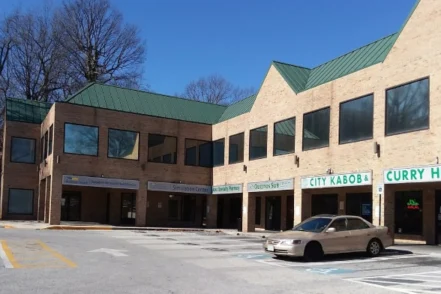 District of Columbia
District of ColumbiaMedStar Washington Hospital Center Michigan Avenue
216 Michigan Ave., NE Washington, District of Columbia 20017
-
 District of Columbia
District of ColumbiaUPO Comprehensive Treatment Center
1900 Massachusetts Avenue SE, Building 13 Washington, District of Columbia 20003
-
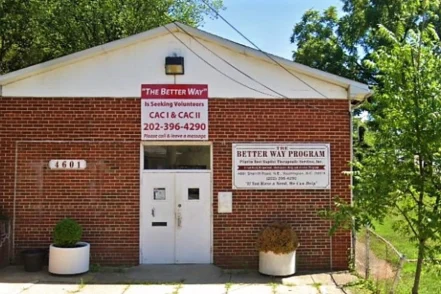 District of Columbia
District of ColumbiaBetter Way Program
4601 Sheriff Road NE Washington, District of Columbia 20019
-
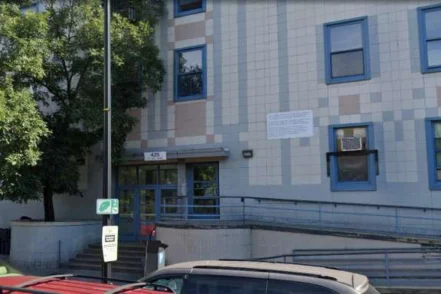 District of Columbia
District of ColumbiaClean and Sober Streets
2 North 425 2nd Street Northwest Washington, District of Columbia 20001
-
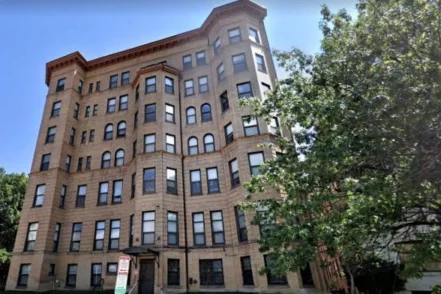 District of Columbia
District of ColumbiaSamaritan Inns
2523 14th Street NW Washington, District of Columbia 20009
-
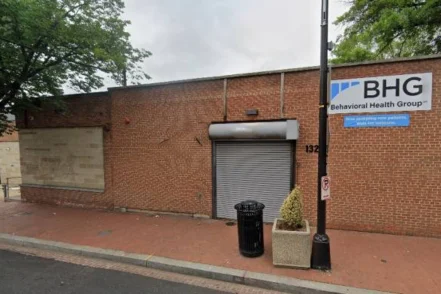 District of Columbia
District of ColumbiaBehavioral Health Group BHG
1320 Good Hope Road SE Washington, District of Columbia 20020
-
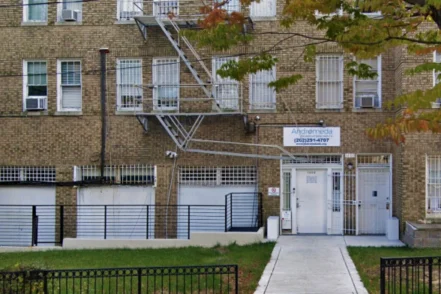 District of Columbia
District of ColumbiaAndromeda Transcultural Health
1400 Decatur Street NW Washington, District of Columbia 20011
-
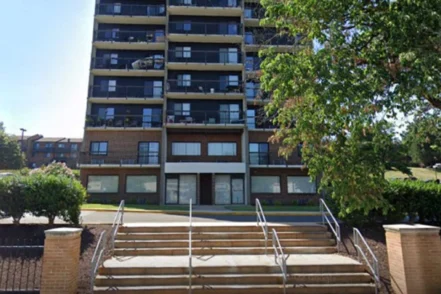 District of Columbia
District of ColumbiaLife Stride
3005 Bladensburg Road Northeast Washington, District of Columbia 20018
-
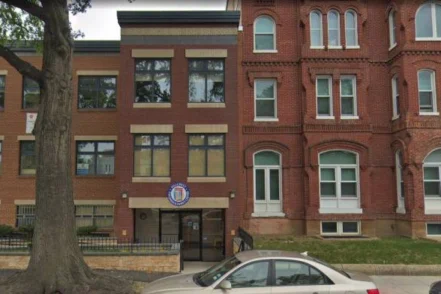 District of Columbia
District of ColumbiaHillcrest Children and Family Center
915 Rhode Island Avenue Northwest Washington, District of Columbia 20001
-
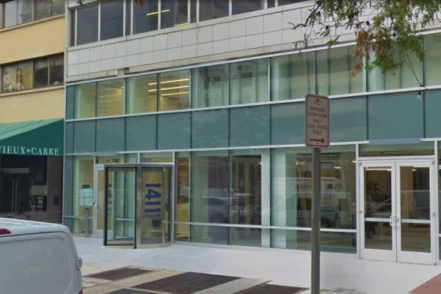 District of Columbia
District of ColumbiaKolmac Integrated Behavioral Health
1025 Vermont Ave NW Suite 305 Washington, DC 20005